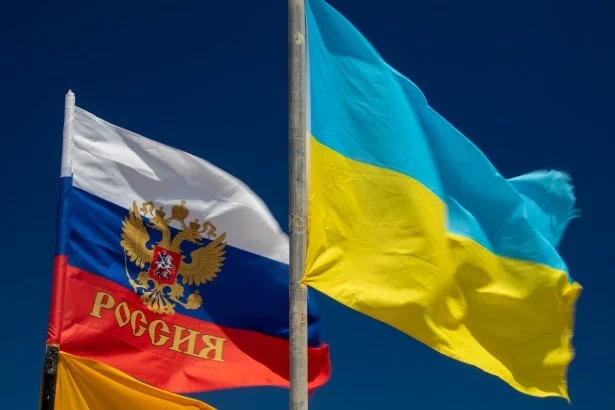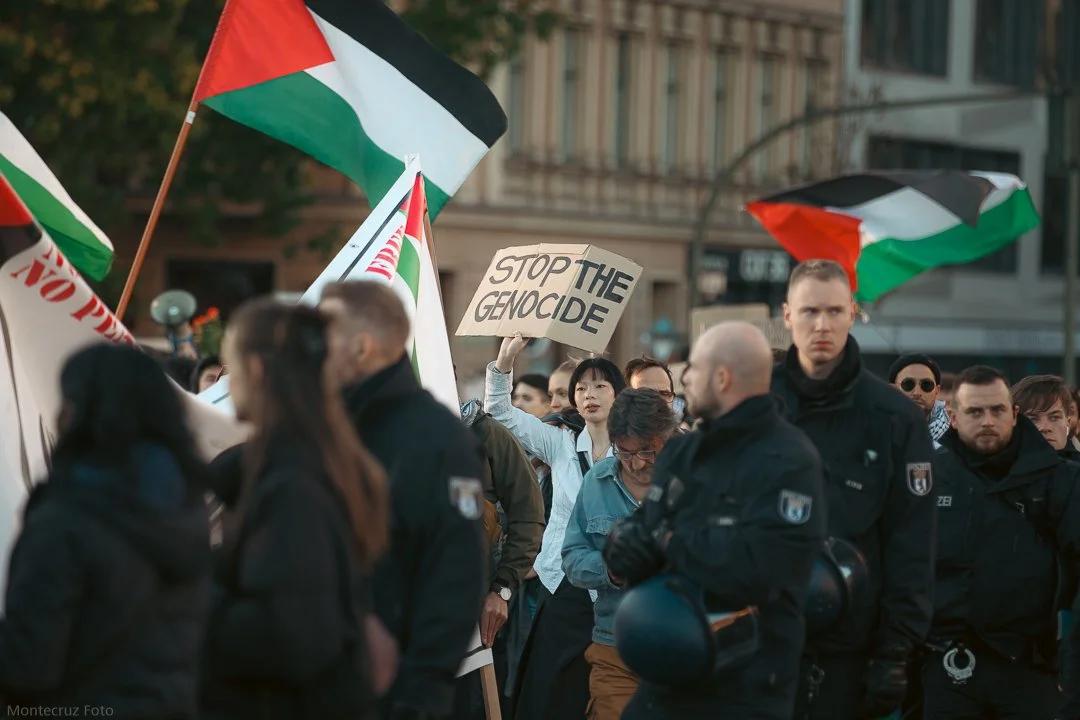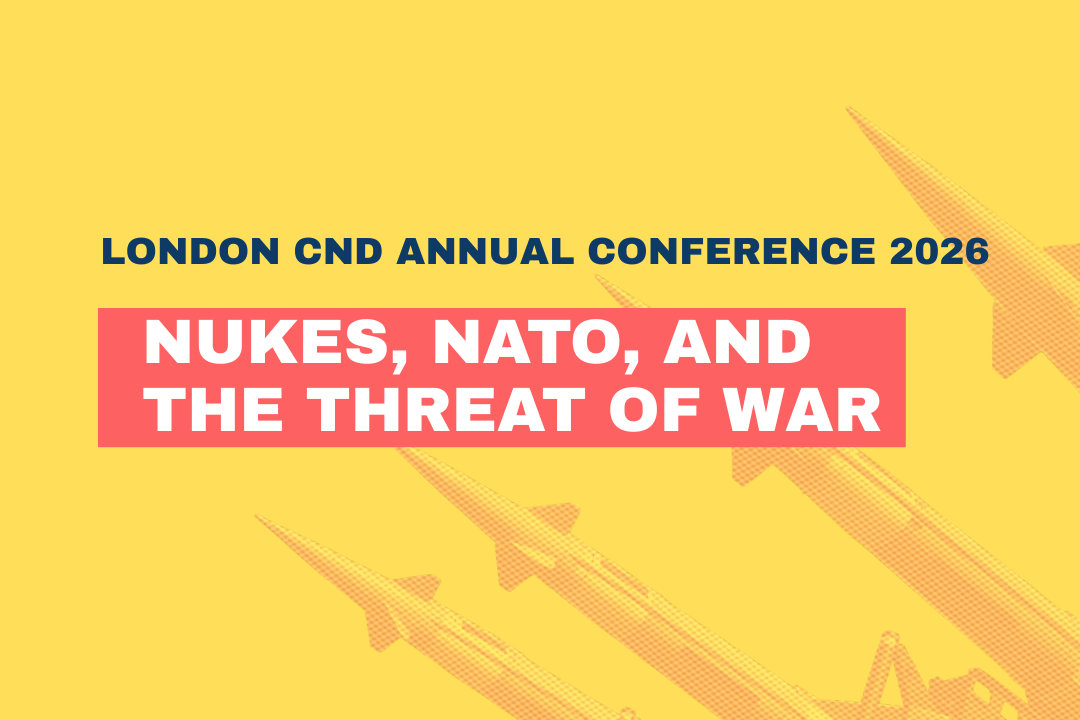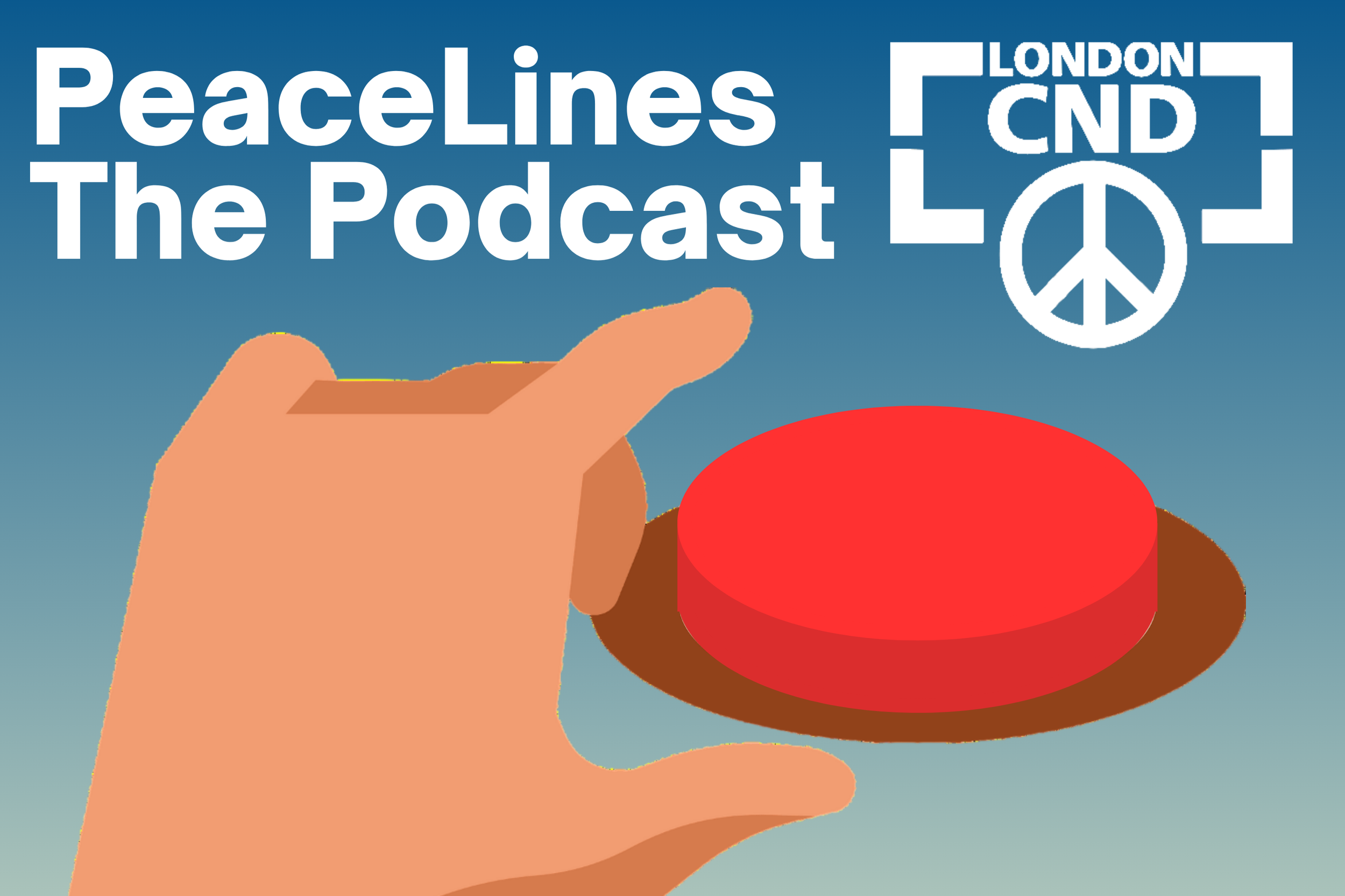It has been shown that TikTok’s algorithms can determine a user’s political preferences after just 15 minutes of scrolling and then gradually place the user in an echo chamber where they only encounter views they agree with.
Warmongers know this and have flooded the app with hundreds of ‘MilTok’ (‘military TikTok’) influencers, with hashtags like #pewpew and #militarycurves. Some will be ‘bot’ accounts, automated programmes pretending to be real people.
The hashtag #NuclearWeapons throws up willy-waving videos of nuclear blasts, while #Peace is drowned in personal wellbeing content.
The visibility of peace campaigners is limited. We need a strategy to propel us onto TikTok. If we don’t push our message there, who will?
As London CND co-ordinator, I’ve led efforts to create a CND page. As a 24-year-old, you’d think I’d be in tune with the latest social media developments but believe me, nothing could have prepared me for this. Here’s a few things I’ve learnt.
1) TikTok is extremely weird
On downloading the app, you will be subjected to a chaotic variety of clips, from silly pranks to borderline porn. TikTok banks on surprising its users, so it always shows a mix of videos that correspond to established taste as well as the drastically different. So a real question for campaigners is: how far are you happy to go?
At CND, nobody felt comfortable dancing and lip-syncing, so we tried creating a different sort of content. The result has been interesting.
Even with a small number of followers, we got far more views on TikTok than a comparable Facebook or Twitter following would.
In our earliest days, with only 35 followers, we reached nearly 1,800 people with a video on the links between nuclear weapons and the climate crisis. Many videos on more established accounts, like @codepinkalert with nearly 40,000 followers, often get the same numbers of views – though they’ve been very good at creating viral content too! Being small at the start doesn’t mean you’ll be invisible.












